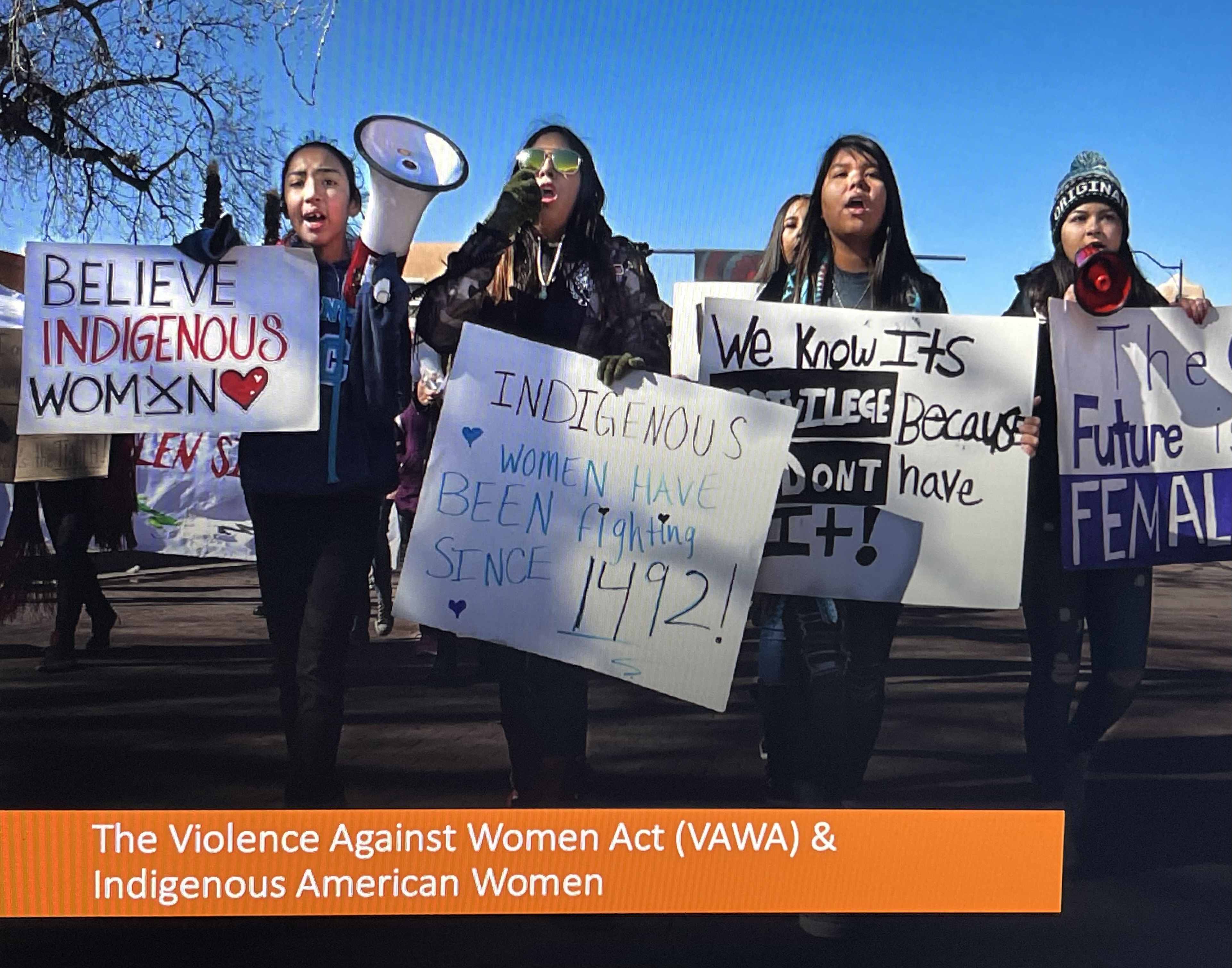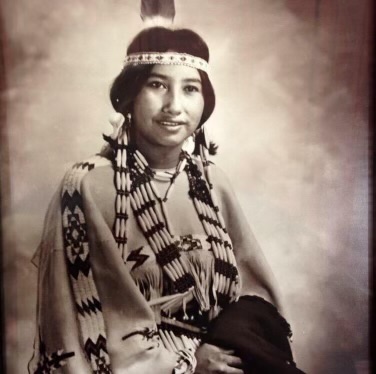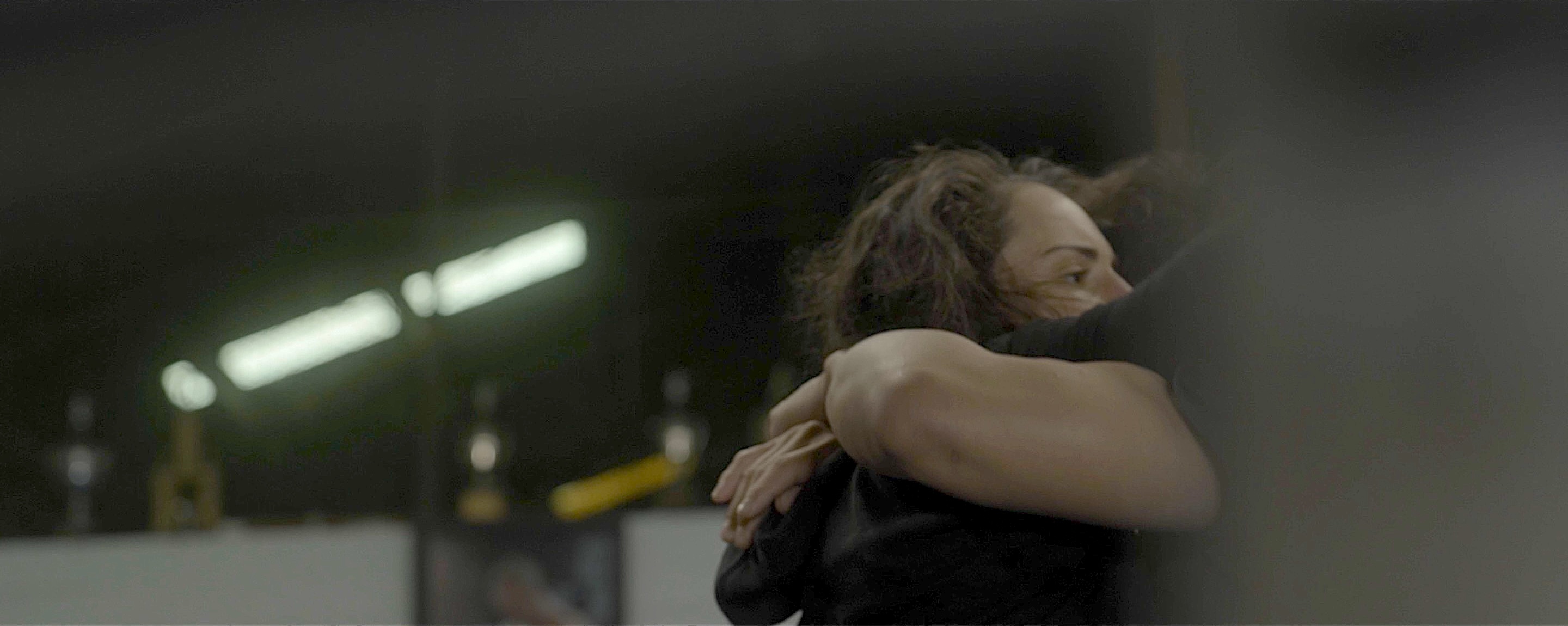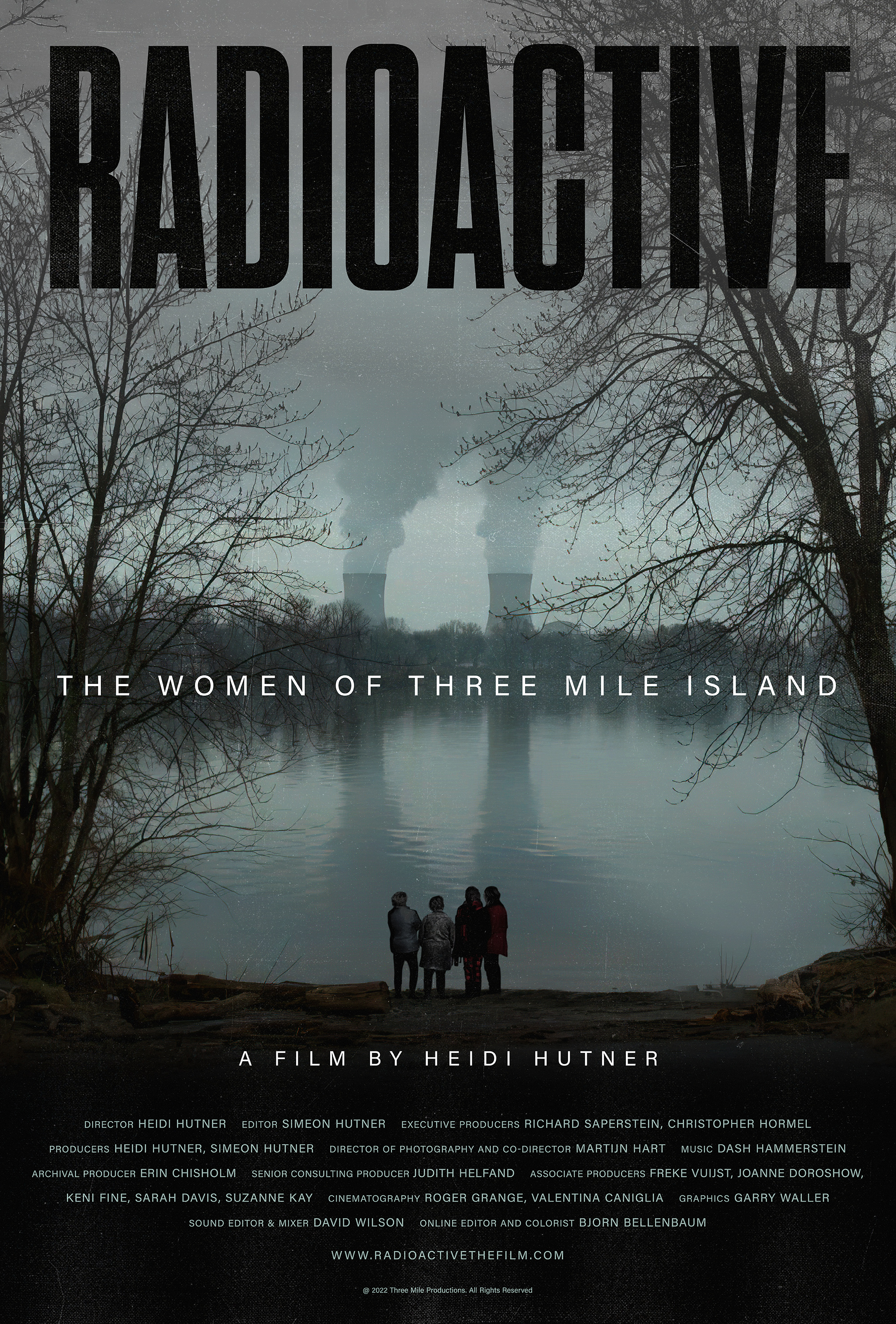Genre
Synopsis
In the United States, violence against Indigenous women has reached unprecedented levels on tribal lands and in Alaskan Native villages. More than 4 in 5 American Indian and Alaska Native (AI/AN) women have experienced violence, and more than 1 in 2 have experienced sexual violence. Alaska’s Indigenous women continue to suffer the highest rate of forcible sexual assault and have reported rates of domestic violence up to 10 times higher than the lower 48. Violence against missing and murdered (AI/AN) women is shrouded by a lack of a diligent and adequate federal response. 86% of the Indigenous women reporting rape during their lifetime, state the offense was committed by a non-Native man! These perpetrators exploit gaps in tribal jurisdictional authority and target Indigenous women as ‘safe victims.’ Statistics define the scale of the problem but do nothing to convey the experience of the epidemic. They fail to account for the devastating impact this violence has on the survivors, Indigenous families, Indigenous communities, and Indigenous nations themselves. The violence against Indigenous women is a crisis that cannot wait to be addressed. The case of Jessica Lenahan (Gonzales) vs. United States, is the first individual case brought by a victim of domestic violence against the United States for international human rights violations (pg. 10). The Violence Against Women Act (VAWA), which was originally championed by then-Senator Joe Biden when it was enacted years ago, established the Office on Violence Against Women within the Department of Justice. When the VAWA expired in 2018 and was pending reauthorization in the 116thCongress, Senate Republicans let VAWA’s authorization expire. They opposed a bipartisan House-passed bill, due to its new protections for LGBTQ and Indigenous victims of abuse. They also opposed a new gun safety provision that would prohibit people who have been convicted of abusing their dating partners from owning firearms, closing the so-called boyfriend loophole. Senate Democrats, meanwhile, fully embraced the House bill. Senate Republicans were in such disarray over VAWA in 2019 that they couldn’t even agree with each other on what they wanted in their own bill. Finally, the journey of the Violence Against Women Act (VAWA) received expanded recognition of Federal law and Tribal sovereignty. On 3/16/2022
President Biden signed into law the Violence Against Women Act (VAWA) Reauthorization Act of 2022; within the trillion-dollar bipartisan legislation
passed by Congress as part of the Omnibus appropriations package.
Bio
Dawn Kirk-Alexander is a Writer/Producer from Michigan residing in LA that focuses, and documents so called history. The more she research’s and the further she digs she realizes history is a fictional narrative put upon events that happen. This belief provoked her current feature “LA UNCOVERED,” which investigates the 1992 L A riots and the possible conspiracy behind them. LA Uncovered placed as a quarterfinalist in the 2023 Academy Nicholl Fellowships. Also, as the mother of a young African American male, she creates projects with a deeply felt commitment to his safety and the safety of others. Thus, she has written, produced and directed the Impact award winning documentary “Chi-Town Guns & Gun Violence & the NRA”. Dawn is also the Writer/Producer of the award-winning documentary “They Are Not All Lost,” which has national distribution via PBS. In addition to several award-winning commercials and public service announcements for TBWA/Chait/Day and Grey Advertising, while being a line producer for as several music videos directed by F. Gary Grey (Straight Outta Compton, The Italian Job). Dawn is a winner of the Black Filmmakers Hall of Fame Award for her screenplay “Madness,” and expertly trained through the Roadmap Writers program!










